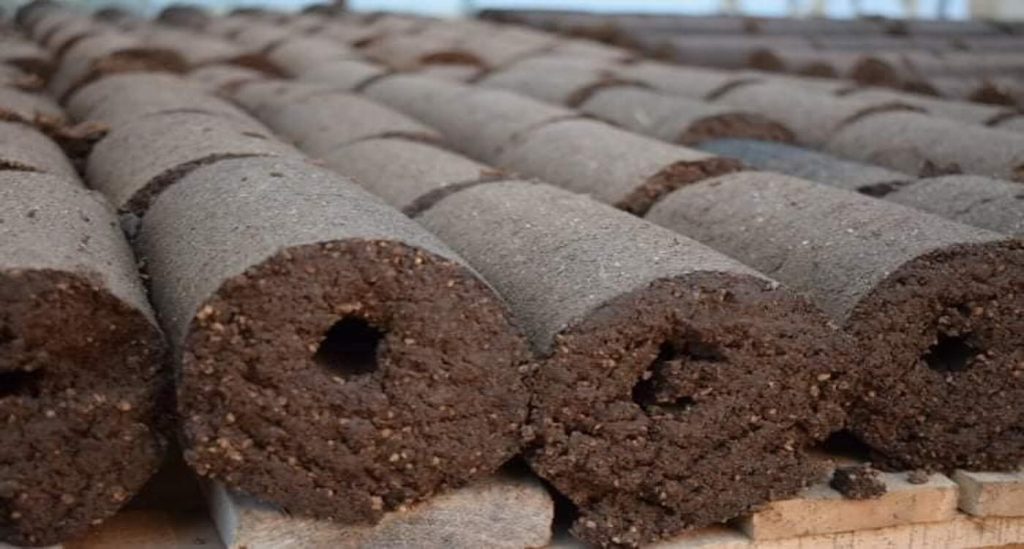In a world where innovative solutions are urgently needed for environmental challenges, one entrepreneur in Tunisia is turning obstacles into opportunities. This inspiring story showcases how creativity and determination can transform agricultural waste into a sustainable energy source, all while providing jobs and promoting eco-consciousness.
Meet Yassine Khelifi, a passionate engineer from the heart of Tunisia. Nestled between the vast landscapes of Libya and Algeria, Tunisia is renowned for its rich agricultural heritage, especially its olive oil production. With a history dating back to Roman times, the country is the third-largest producer of olive oil globally, generating substantial amounts of olive waste—about 600,000 tons—each year. Historically, families have repurposed this waste for heating or as animal feed, but as production soared, it became clear that this could no longer suffice.
Yassine’s curiosity sparked his entrepreneurial journey. He always marveled at how the discarded olive pomace could smolder with such endurance. Why not tap into this potential energy? In 2018, he ventured to Europe in search of machinery that could transform this overlooked resource into usable fuel. After finding the right equipment, Yassine returned home and embarked on a journey of trial and innovation, which culminated in the creation of bio-coal briquettes with a mere 8% moisture content.
At his factory, bright sunshine beams down on truckloads of dried olive waste, ready for processing. Workers feed this eco-friendly material into machines, which shapes them into long, hollow rolls. These sections are then cut, packaged, and sent out to market. Yassine’s company, Bioheat, not only provides a fresh aesthetic for fuel but also works as an eco-friendly alternative.
One local pizza shop owner stands as a testament to Yassine’s success. Facing complaints about smoke from traditional wood fuel, he switched to Bioheat’s briquettes. To his delight, the new fuel didn’t just alleviate smoke issues; it added a unique flavor to his pizzas. “It carries the soul of Tunisian olives,” he remarked, thrilled with the transformation.
Currently, about 60% of Bioheat’s production is exported, and by year-end, Yassine hopes to reach 600 tons of output, effectively utilizing 1% of the country’s olive waste. This achievement resonates throughout Tunisia, especially for those who travel along the northern coastline or visit the beautiful island of Djerba, where the scale of olive plantations is striking.
Yassine’s story exemplifies how one individual can make a significant impact, promoting sustainability and job creation in a developing country. With his blend of ingenuity and commitment, he not only champions environmental preservation but also illuminates the potential of what can be achieved when we rethink waste management.
If you would like to see similar good news stories click here & Share this to brighten someone’s day.





